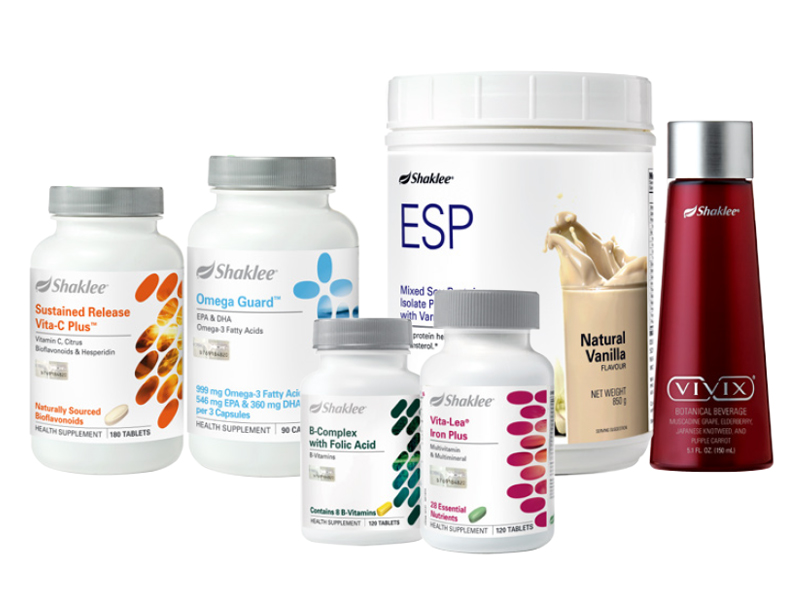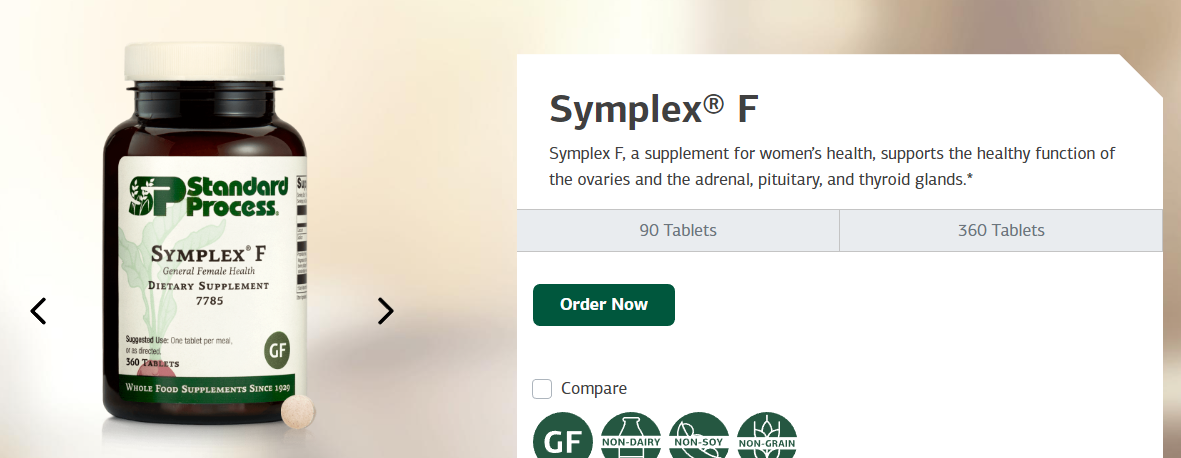Heartburn is a common problem that many people experience. It occurs when stomach acid flows back into the esophagus, causing a burning sensation in the chest. While over-the-counter medications are available to treat heartburn, natural home remedies can help alleviate symptoms. Here are some step-by-step home remedies for heartburn:
Ginger
Ginger has anti-inflammatory and antioxidant properties that can help alleviate heartburn.
Step-by-step: Grate a small piece of ginger and boil it in water for 10-15 minutes. Add honey to taste and drink the mixture up to three times daily until the heartburn improves. (1)
Buy Fresh Ginger Root from Amazon now.
Aloe Vera
Aloe vera has anti-inflammatory properties that can help soothe the esophagus and alleviate heartburn.
Step-by-step: Mix 1/4 cup of aloe vera juice with 1/2 cup of water. Drink the mixture up to three times a day until the heartburn improves. (2)
Buy Aloe Vera Juice from Amazon now.
Baking Soda
Baking soda can help neutralize stomach acid and alleviate heartburn. Step-by-step: Mix 1/2 teaspoon of baking soda with a glass of water. Drink the mixture every 2-3 hours until the heartburn improves. (3)
Buy Baking Soda from Amazon now.

Chamomile Tea
Chamomile tea has anti-inflammatory properties that help soothe the stomach and alleviate heartburn.
Step-by-step: Steep chamomile tea bags in hot water for 5-10 minutes. Drink the tea up to three times a day until the heartburn improves. (4)
Buy Chamomile Tea from Amazon now.
Licorice
Licorice has anti-inflammatory properties that can help soothe the stomach and alleviate heartburn.
Step-by-step: Mix 1/4 teaspoon of licorice root powder with a glass of water. Drink the mixture up to three times a day until the heartburn improves. (5)
Buy Licorice Root Powder from Amazon now.
Disclaimer: While these home remedies can help alleviate heartburn symptoms, it is important to consult a healthcare professional if the heartburn persists or worsens.
Sources
(1) Marx, W., Ried, K., & McCarthy, A. L. (2017). Ginger-Mechanism of Action in Chemotherapy-Induced Nausea and Vomiting: A Review. Critical reviews in food science and nutrition, 57(1), 141-146.
(2) Langmead, L., Feakins, R. M., Goldthorpe, S., Holt, H., Tsironi, E., De Silva, A., … & Rampton, D. S. (2004). Randomized, double-blind, placebo-controlled trial of oral aloe vera gel for active ulcerative colitis. Alimentary pharmacology & therapeutics, 19(7), 739-747.
(3) Gheibi, S., Kashfi, S. M., & Hatami, B. (2015). A review on the management of irritable bowel syndrome. Journal of gastroenterology and hepatology research, 4(5), 1509-1518.
(4) McKay, D. L., & Blumberg, J. B. (2006). A review of the bioactivity and potential health benefits of chamomile tea (Matricaria recutita L.). Phytotherapy Research: An International Journal Devoted to Pharmacological and Toxicological Evaluation of Natural Product Derivatives, 20(7), 519-530.
(5) Yu, X., Gao, X., Luo, F., Zhang, J. (2017). The effects of licorice and its constituents on the digestive system. Journal of traditional Chinese medicine = Chung i tsa chih ying wen pan, 37(1), 116-123.







